I'm sure I missed a German dog breed. I'm sure I missed thousands of great German recipes. Each country that I am blogging about during The World Cup is so rich with respect to its heritage and history. After my own country, the United States of America, I chose countries to blog about that helped to create the dog breeds that I have lived with and loved. (Not all of my dogs have been purebred but all of them have had a little of this or a little of that can be traced to one of the lovely countries I have chose to mention.)
To prepare German sausage recipes, keep in mind what type of sausage stuffers you will be using. One spice can change the taste of the meat, so be careful. You don't want to wind up with Italian sausage when you were hoping for something a little more Bavarian.
Ingredients You Will Need:
3 pounds boneless pork shoulder or pork butt
3 teaspoons sage
2 ½ teaspoons salt
2 teaspoons black pepper
2 teaspoons marjoram
1 ½ teaspoons crushed red chili peppers
½ teaspoon savory
½ teaspoon cayenne chili pepper
¼ teaspoon nutmeg
1 teaspoon allspice
Because pork shoulder is usually very fatty, you shouldn't need to add any additional fat to the mix. If the meat is too lean, add about one cup of ground pork fat.
Chill the meat before you place it into the grinder. Grind the meat, and then spread it out in oversized bins. Sprinkle the spices over the meat, and work it in with your hands. When the sausage is thoroughly mixed, chill it for about an hour before pushing it through the sausage maker. If it is too cold, it will be too hard on the machine and the casings. If it is too soft, it will be too sticky to work with.
Cooking With German Sausage
To get the real German taste into your sausage, add onion and caraway seeds to the boiling water or, better yet, boil the sausage in beer. Don't forget to add some spicy mustard to the table, plus plenty of dark bread. German sausage is great when smeared with mustard and wrapped in a slice of bread with sauerkraut and or with fried onions and peppers added to the mix.
Unity and Rights and Freedom
For the German Fatherland
Let us all strive for that
Brotherly with heart and hand
Unity and Rights and Freedom
Are the foundation for happiness
Bloom in the glow of happiness
Bloom German Fatherland
Anthem History: The "Deutschlandlied", the German national anthem, dates back to the liberal national movement of the 19th century. The words stem from the pen of August Heinrich Hoffmann
The "Deutschlandlied" was initially unable to compete successfully against other songs. After 1871 the Prussian royal anthem "Heil dir im Siegerkranz" ("Hail to Thee in Victor's Laurels"), which had been designated the imperial anthem, was sung wherever Emperor William I appeared. Not until around the turn of the century did Hoffman's song become popular.
In 1922, in a speech marking the third anniversary of the Weimar constitution, Reich President Friedrich Ebert publicly proclaimed the "Deutschlandlied", although the term "national anthem" was not yet used on that day. In his speech, Friedrich Ebert stated: "Unity and right and freedom - in times of internal fragmentation and oppression, this triad from the poet's song voiced the longing of all Germans; may it now accompany us on our arduous path to a better future."
After the end of World War II, the newly founded Federal Republic of Germany had difficulty reaching a decision on a national anthem. In contrast to the federal flag, no provision was made for an anthem in the Basic Law. Not until 1952 was an arrangement reached. In a letter dated 29 April 1952, Federal Chancellor Dr. Konrad Adenauer asked the Federal President, Prof. Dr. Theodor Heuss, to "designate the song by Hoffmann and Haydn the national anthem. At state functions the third verse should be sung." President Heuss gave his consent in a response dated 2 May 1952, after his prior attempt to initiate a new anthem had proved unsuccessful.
After the reunification of Germany, in an exchange of letters in August 1991, Federal President Dr. Richard von Weizsäcker and Federal Chancellor Dr. Helmut Kohl designated the third verse of the "Deutschlandlied" the national anthem.
The first impression of a good German Shepherd Dog is that of a strong, agile, well muscled animal, alert and full of life. The breed has a distinct personality marked by direct and fearless, but not hostile, expression, self-confidence and a certain aloofness that does not lend itself to immediate and indiscriminate friendships.
Sidenote: for many years in the UK German Shepherd Dogs were called Alsatians. Why? Because the name was considered to be less aggressive given what Germany did to the British Isles during World War II. Also, this breed is one of only a few where the word 'dog' is a part of its AKC registered name.
No mention of the Dachshund would be complete without a shout-out and a photo of the fashion icon of the dog-blog-world, Lorenza.
!YES! USA - 1 England - 1 (June 12)




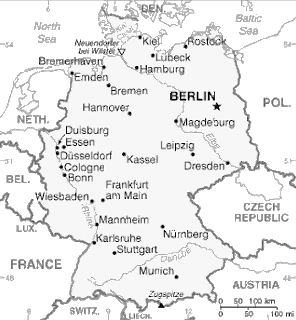


















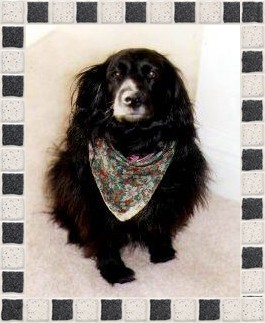
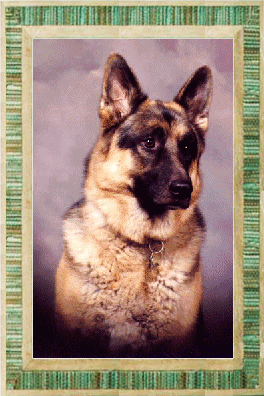


.jpg)



















.JPG)



































.JPG)

































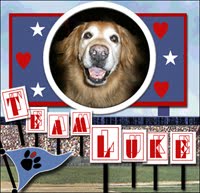.jpg)


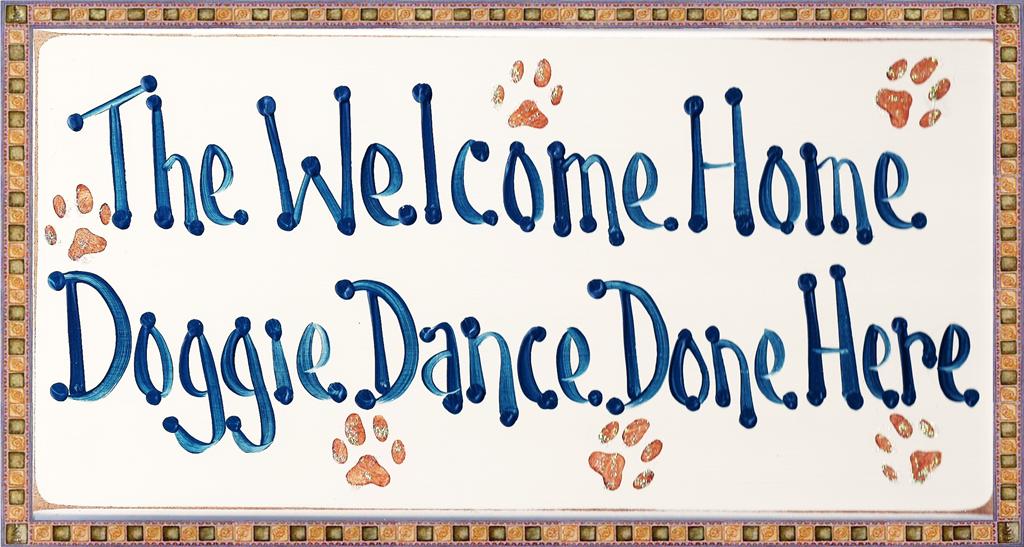


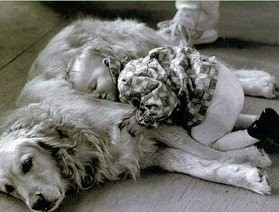

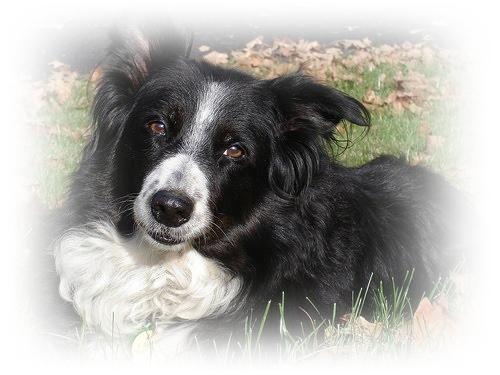





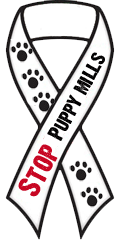












22 comments:
Thank you!!! We enjoyed this post very much. It was pawsome & very informative... we learned a lot.
Tailwags
Ernie,Sasha,Chica
Hey there Mimi
Another really incredible post! So much to learn and absorb...and perhaps solely to the honour of your amazing Tony! Your 'heart' doggie will be smiling at you too.
Thank you again for your support to the cause of all our 'unity'.
Have a wonderful day.
With love
MAXMOM IN SOUTH AFRICA
Hi there,
Thank you for such a lovely post! Very informative and interesting!
Have a great day!
Dom
So many German dogs! Tony sounds like such a wonderful fellow. One of my aunts had a German Shepherd (in my childhood we always called them Alsatians) who was so incredibly sweet natured, but such was the breed's reputation that when you took Katie out for walks, many people would cross the street rather than go close to her.
Cheers, Gail and Bertie!
PS We here in this household have still not yet recovered from our goalie's dreadful error last night......But at least all my Scottish neighbours are happy!
This is most educational. I don't think we have any German type breeds of dog in the family at this exact moment but Daddy is of mostly German ancestry. I'll have to tell him what's in German sausage and that he doesn't have to worry. He has an unatural fear of sausage, which results in less of it around the house than I'd like.
wags, Lola
Thanks so much for sharing the info. It's an interesting post and I love the recipe and the sausages look so good!
Thanks..cool post
Benny & Lily
Hi Scout and Freyja,
Thank you for visiting us yesterday. We so enjoyed your post today and reading about all the different dogs. Mom and Dad's first family pet was Toto, a mini Dachshund...he was such a good one he paved the way for all of us over the last 33 years.
Madi and Mom
Wow! This was very informative!
I thought the German Shepard breed was much older! I also didn't know that Great Danes hailed from Germany!
Bunny and Mom
This was a very interesting post. thank you for the recipe. I enjoyed learning about the dog breeds here. I'm sorry about the loss of you dog. I lost my basset Chill when I was about eleven years old and have never forgot him. animals bring such joy to our lives ♥
another great post!
That is a very interesting post!! Thanks for sharing it!!! Mom loves the different dogs. She love German Shepherds so much and one time she had a Rottie when she was living out in the country. The Rottie was raised on an Army Base and for whatever reason, her owner gave her away and mom adopted her. Her name was Bullet! Thanks for all of the great information! Lots of love, Debbie and Holly
I miss Germany!!
Mom says her furst two khanines were German!
Frankie was a blakhk/brown smooth Dachshund
AND
Fluffy was a light grey/silver miniature Schnauzer
Thanks fur this great German post!
Hugz&Khysses,
Khyra
Hi Scout and Freyja
We did not know that all those dogs origionated in German.
But we did know the October fest did.
Thank you for sharing all this information with us
love
tweedles
Woof! Woof! Very interesting. Never knew about the dogs that originated in Germany. Lots of Golden Woofs, Sugar
I love your Unity in Diversity posts. They are so informative. We had similar ideas. I have started a post about the Portuguese breeds for next week.
Tony was beautiful. You were exactly right about the deep grief after losing your heart dog. I think of Bentley every day. I see him in the expressions and movements of my current Porties.
Thanks for alerting me to this event.
Thank you fow that wondewful and vewy intewesting post..so many of ouw doggie fwiends have Gewman ancetows. They'we all bootiful. youw Tony heawtdog was magnificent!
I know he's waitng fow you ovew the bwidge .
We have a beew gawden in the same block as my doggie wun and last week mommi and Daddi and I had some sopew yummie bwatwuwst and knockwowst.
sluwp!!!
soo good
Smoochie kisses
ASTA
Dear friend,
Thank you so much by dropping to my blog.
Mom has received so much kinds and courage words so I came to thank you for that =]
Hug & Kisses,
Autumn n Jasmine
Oh Mimi! What a fab post! Who knew so many doggies originated from Germany. And now I know what their flag looks like, how to make sausages too! What a lot of research and so interesting! I want to go to Octoberfest!
Cheers!
xoxoxoxo
Sammie and Mom and... more over here!
Wow, everything I love here: dogs, food soccer. But especially the dogs. We used to have GSDs and boy oh boy, they were special creatures.
Another great post! Very interesting info. One of my most special dogs was Rebel, a beautiful German Shepherd Dog. So smart and easy to train... Grammy from Corgi Country
Post a Comment